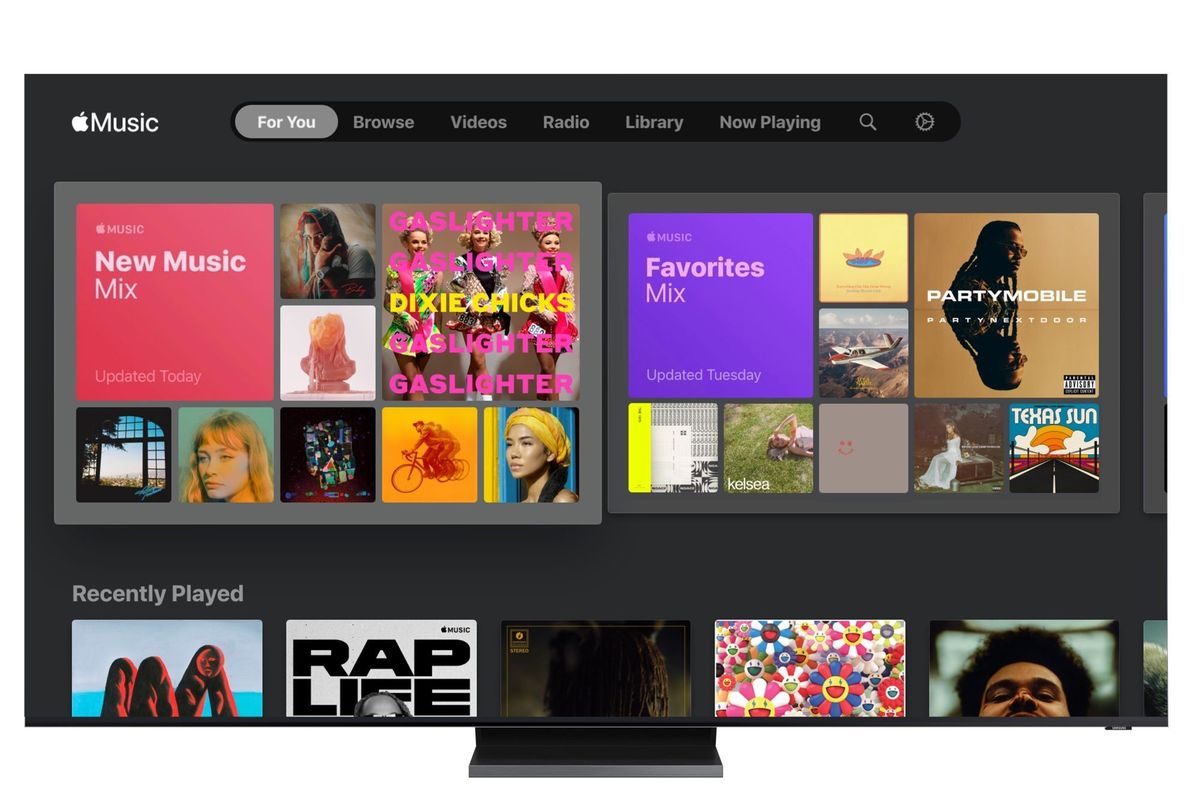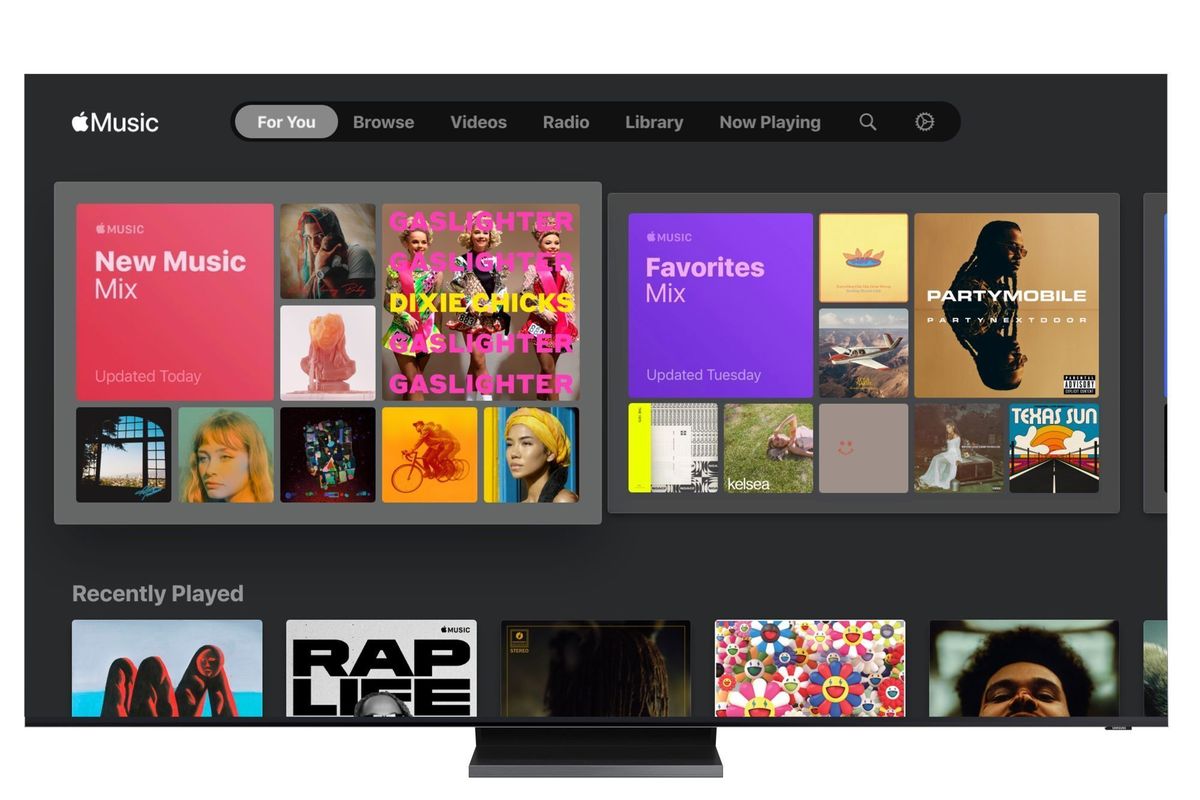
iTunes, once described as “the best Windows app ever written” by the ever-modest Steve Jobs, has already been transformed into multiple apps for Apple devices. But when will the company’s focus on media and services drive it to introduce better Windows apps?
Coming soon, hopefully
Apple’s media services focus seems to put the spoken word at the center of the strategy:
- TV+ delivers video and speaking content.
- Books also offers audiobooks.
- Apple Music offers the Beats radio channel.
- News/News+ now provides spoken daily word news briefings and reports.
- And the company is thought to be investing in podcasts.
Ever since the iPod, Apple’s services vision has embraced other platforms. Just as iTunes was on Windows, TV is on televisions and streaming sticks and Apple Music is available to Windows and Android users.
Long in the tooth
iTunes remains available for Windows, but no longer seems to qualify for Jobs’ promise of software excellence, for the same reason it demanded replacement on the Mac – it has grown to do too much.
Type “Why is iTunes for Windows” in a Google search box and see what the result of being spread so thin might be.
Apple tore iTunes apart on the Mac in 2019, introducing Music, TV and Podcasts apps and rolling some of the device management functions into the macOS Finder.
There was a little initial resistance to the plan. We all saw the sense of it and even enterprise users appear to have become accustomed to using Apple’s Music, TV, Podcasts and News apps. But not on Windows, where Apple’s valuable services subscribers still survive on clunky old iTunes.
Apple is hiring
The good news is that Apple began hiring developers to “build the next generation of media apps for Windows” shortly after it sundered iTunes into different apps on its own platforms in 2019. At that time, it sought developers with experience building with the Universal Windows Platform, which runs on Windows, Xbox One and Hololens devices.
We don’t really know whether the company was recruiting for iTunes, of course, but it makes sense that it would choose to offer media services parity given the popularity of iPhones among Windows users.
You can bet that hundreds of millions of iPhone users also use Windows PCs.
In this context, Apple’s push into services makes even more sense, as it finds a way to exploit its brand with the provision of unique services on a cross-platform basis.
Services as the ultimate companion product
The company’s focus on services – which recently extended (via Apple Card) to interest-free access to hardware with staggered payments – is driving analyst values to head North despite the challenging business environment we all endure.
Needham & Co. this week raised its target price to $450/share on the strength of services and future wearables plans. In a note I’ve seen, analyst Laura Martin says Apple’s array of services add $800 in revenue per year per iPhone user.
That’s a lot of money, so it absolutely makes sense for Apple to deliver feature parity in its Windows services if it wants to tempt its tens of millions of Windows-using iPhone users to sign-up for its services. That kind of lock-in takes effort to create and maintain. It only works if you keep customers happy, and that also means making sure they feel they are using the latest software and equipment.
iTunes will be replaced on Windows. But when this replacement does take place, will Apple succeed in matching Jobs’ original claim back when iTunes for Windows shipped, calling the apps that do replace iTunes, “the best Windows apps ever written?”
Hundreds of millions of iPhone and iPad-using remote workers are eager to find out.
Please follow me on Twitter, or join me in the AppleHolic’s bar & grill and Apple Discussions groups on MeWe.



